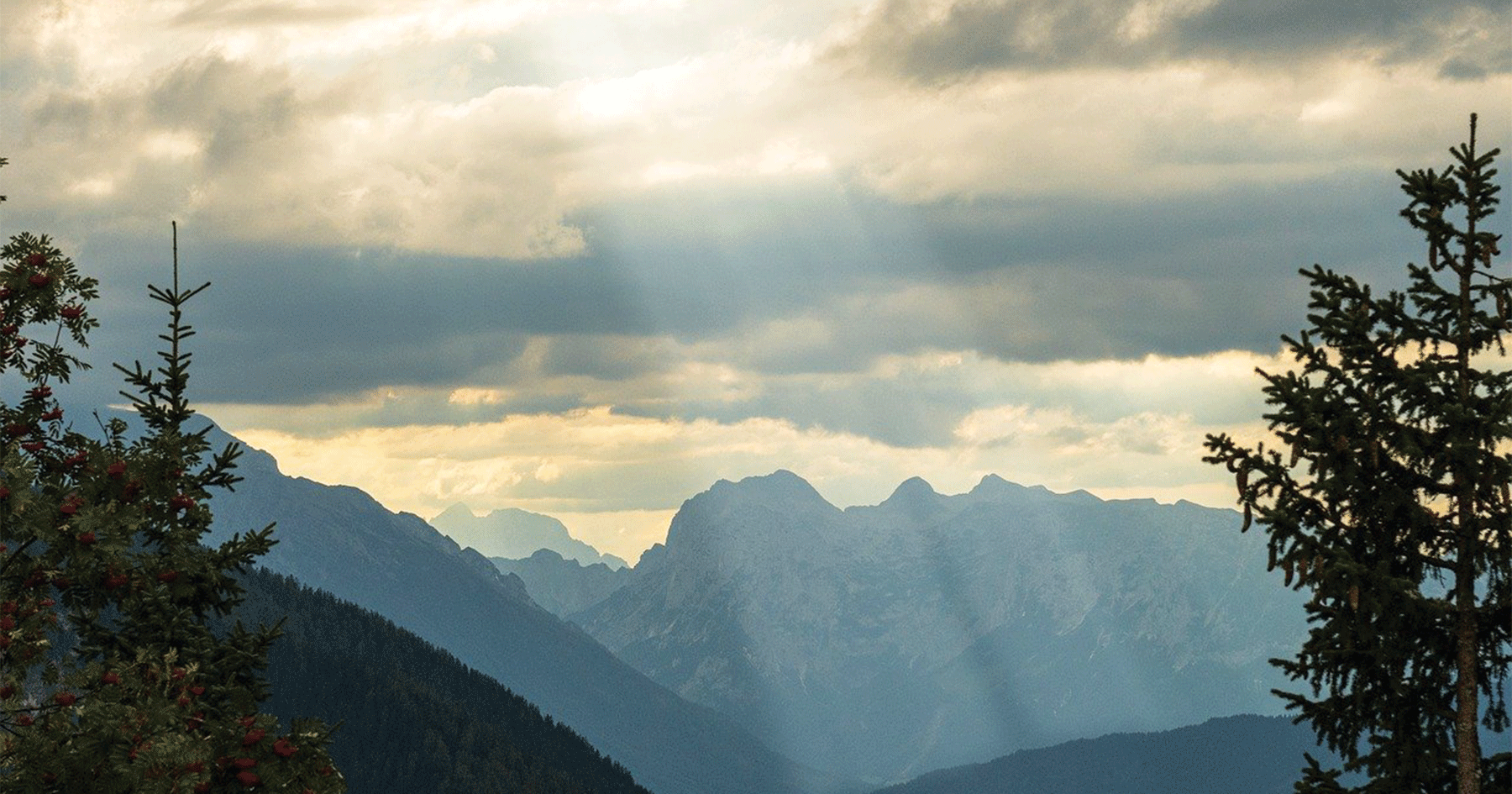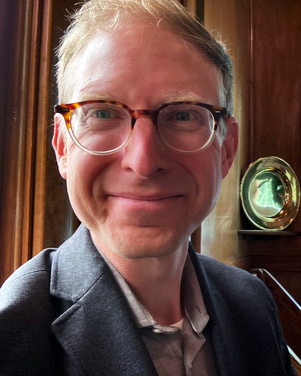What if this is only the beginning?
While empires clash, while sea levels rise, while markets crash, and temperatures rise, how might we live if we were to believe that this is only the beginning? These days it is all too easy to become imprisoned by nostalgia. Nostalgia for a different time, with different markers of worldly success. I am not immune to these thoughts, often comparing my current experience to the highlight reel I’ve collected, of those moments I’ve felt most connected, most profoundly alive.
And yet in recent days I was reminded by an elder in my church to start the day reflecting on God’s many great blessings; God’s mercies that are new every morning. Over coffee in the parish hall, they asked, “how can we get stuck in the gloom when we begin our days with gratitude for all that God has done?” Oof. Knowing some of that person’s story, that comment struck me as profoundly faithful, profoundly grounding, profoundly brave.
Their statement immediately confronted me, breaking me out of a less-than-helpful train of thought. It took me by surprise and as I turned it over in my mind, settled deep into my heart. How can I–how can we–get stuck in the gloom when we remember that God is here, God is present, God is with us in the midst of all that we face?
What if this is only the beginning?
I am not one for New Year’s Resolutions nor am I one for unbridled optimism. I am, however, one for hope in shadows. Hope that God will speak. Hope that God will act. Hope that God will heal. Hope that God will continue to show us a way when there seems to be no way. I am one for a hard won hope that God will continue to invite us further up and further in, with each new day taking us on a journey to explore their beautiful dream for the world, a dream we have yet to fully imagine, let alone explore.
Some days my mind turns to catastrophe. And yet there are days when this coffee conversation comes to mind, and my heart turns towards gratitude and hope. Contemplating the long history of the world, a world that God has loved from its inception—billions upon billions of years ago—I am compelled to live in awe at what has been, at what is, and to imagine all that might be.
What can we say about a two thousand year old church on a billions-of-years-old planet? These days I’m finding myself asking along with British theologian, the Rev. Dr. Sam Wells, “what if we are the early church?” What if all that we are experiencing and exploring, a mere two thousand years after Jesus’ birth, are only the birth pangs of what’s to come?
Perhaps if we consider the church in this way, we might find ourselves compelled to see the church’s current contractions as signs, neither of abandonment nor of failure, but rather, the familiar signs of new life to come?


